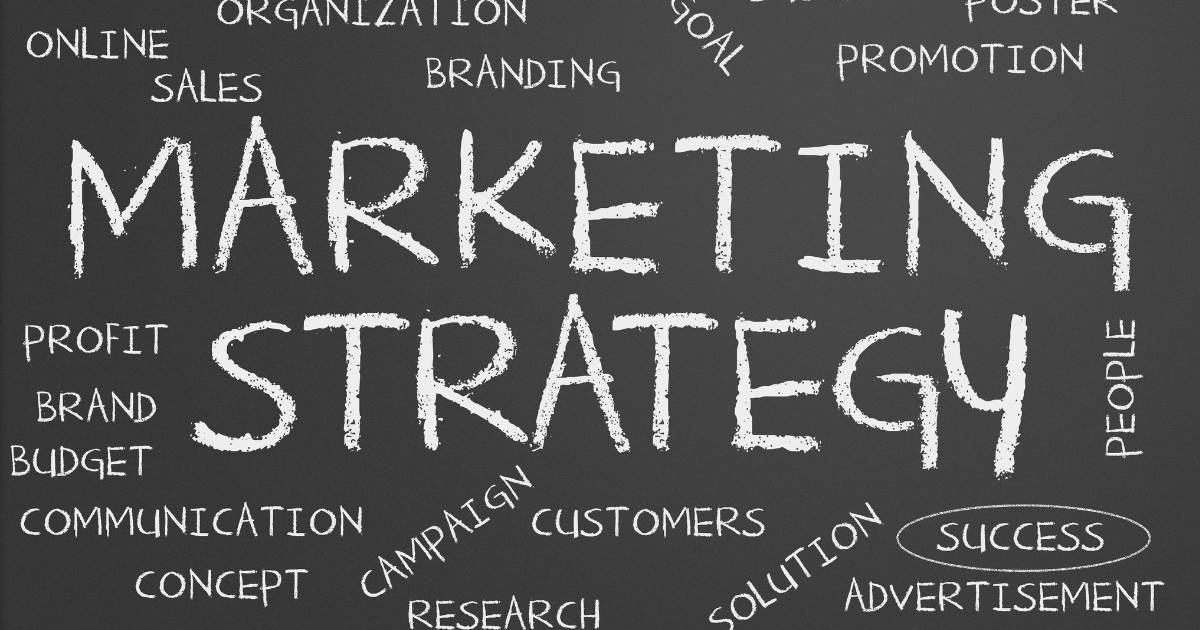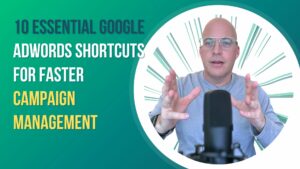At its core, marketing is the art of persuasion, and understanding the principles of behavioral psychology empowers savvy marketers to influence consumer behavior and shape purchase decisions. Marketers can design online marketing campaign that appeal to their audience’s deepest desires and needs by delving into how individuals perceive and respond to stimuli. Using persuasive language, emotional appeals, and targeted messaging creates a powerful connection that resonates with potential customers, increasing engagement and loyalty.
By leveraging behavioral psychology, marketers gain valuable insights into human cognition and decision-making processes, allowing them to tailor their strategies to tap into consumers’ subconscious motivations. This understanding enables businesses to promote their products effectively and build meaningful customer relationships. As the marketing landscape evolves, integrating behavioral psychology into online marketing campaign practices remains a potent tool, fostering a mutual understanding between businesses and consumers and ultimately driving market success.
Emotional Triggers: The Path to Consumer Action
Emotions hold significant sway over decision-making, and this crucial insight forms the backbone of successful marketing campaigns. The key to captivating your audience lies in striking the right emotional chords that resonate with their innermost feelings. Whether eliciting joy and excitement or tapping into the wellspring of nostalgia, a well-crafted marketing message can establish a profound and lasting connection with consumers, inspiring them to take action.
By evoking positive emotions, marketers can create an environment of positivity around their brand, making customers associate those uplifting feelings with the products or services offered. This emotional bond leads to immediate engagement and fosters brand loyalty over time. Customers who feel connected will remain loyal, repeat purchases, and even become brand advocates, spreading positive word-of-mouth recommendations to others. Thus, the strategic use of emotions in marketing campaigns becomes a potent tool for forging strong customer relationships and securing long-term success in a competitive market.
Social Proof: Harnessing the Herd Mentality
Social proof is a potent psychological tool that capitalizes on humans’ natural tendency to be influenced by the behavior of others. In online marketing campaigns, leveraging social proof is vital. Testimonials, reviews, and user-generated content provide compelling evidence of positive experiences, reassuring prospects that they are making the right choice. When people see that others have had favorable outcomes with your products or services, it instills confidence and reduces the perceived risks associated with purchasing. This peer validation holds immense persuasive power, nudging potential customers toward taking action and converting them into loyal brand advocates.
User-generated content, in particular, plays a major role in humanizing your brand and fostering authentic connections with your audience. By incorporating real-life stories, images, and videos shared by satisfied customers, you create a relatable and immersive experience. This emotional connection further reinforces the positive perception of your brand, making it more likely for potential customers to identify with your offerings and choose your business over competitors. Overall, harnessing the influence of social proof in online marketing can be a game-changer, transforming how prospects perceive your brand and leading to long-term customer loyalty and success.
The Power of Scarcity and Urgency
Creating a sense of scarcity and urgency is a potent marketing tactic that plays on human psychology to motivate consumers into action. Limited-time offers, exclusive deals, and website countdown timers and prompt individuals to make quick decisions. The psychological urgency created by these time-sensitive elements taps into our innate desire to possess things before they become unattainable, compelling us to act swiftly.
Scarcity and urgency strategies capitalize on the principle that we often place a higher value on items or opportunities that are scarce or time-limited. The fear of losing out on something valuable drives consumers to act impulsively, making them more likely to purchase or take advantage of an offer. By incorporating these elements into marketing campaigns, businesses can boost customer engagement, drive conversions, and create a sense of excitement around their products or services. However, it’s crucial to strike a balance and use these tactics responsibly to maintain consumer trust and avoid creating a sense of false urgency. When employed thoughtfully, scarcity and urgency can effectively motivate consumer behavior and increase sales.
Cognitive Biases: Exploiting the Human Mind
Understanding the human mind’s cognitive biases and mental shortcuts is a powerful tool for marketers looking to shape consumer behavior. One crucial bias is the anchoring bias, where people heavily rely on information they encounter. Marketers can anchor consumers’ perceptions by strategically presenting favorable options upfront, influencing their subsequent choices. Moreover, this cognitive shortcut can be harnessed responsibly to guide customers.
Leveraging cognitive biases, such as the anchoring effect, enhances marketing efforts and helps businesses align their messaging with customer preferences. Moreover, marketers must use these techniques ethically, avoiding manipulative practices that may undermine consumer trust. By responsibly understanding and leveraging cognitive biases, marketers can create more persuasive and customer-centric campaigns.
Applying Behavioral Psychology to Online Marketing Campaigns
Tailoring the User Experience
Crafting a personalized user experience is key to resonating with your target audience. Collecting data and leveraging insights gained from user behavior can help you create tailored content. Furthermore, a seamless and individualized experience enhances engagement and boosts the likelihood of conversions.
Personalization: A Touch of Magic
Personalized marketing has become a driving force in the digital landscape. You establish a more intimate connection by addressing customers by name or sending personalized emails. Moreover, tailor your messages to address consumers’ pain points and aspirations, and watch engagement soar!
Crafting Compelling CTA’s
The call to action (CTA) is the linchpin of any marketing campaign. Employ psychological strategies to create enticing CTAs that motivate users to take the desired action. Consider using action verbs, incorporating a sense of urgency, or highlighting the benefits customers will gain. A well-crafted CTA can be the decisive factor in visitor conversion.
Leveraging FOMO: Fear of Missing Out
There’s something irresistible about being part of something exclusive or limited. Tap into the fear of missing out by showcasing limited-time offers, flash sales, or exclusive access to new releases. These tactics create a sense of urgency that compels customers to act promptly.
Harnessing User-Generated Content
Word-of-mouth and social validation have always been potent drivers of consumer behavior. Encourage and showcase user-generated content (UGC) such as reviews, testimonials, and social media posts. UGC serves as powerful social proof, instilling trust in potential customers and motivating them to engage with your brand.
Frequently Asked Questions (FAQs)
Can behavioral psychology be applied to any industry?
Absolutely! Behavioral psychology principles can be harnessed across various industries to drive successful online marketing campaign. Whether selling consumer goods, offering professional services, or promoting non-profit causes, understanding human behavior will always give you an edge.
How can I measure behavioral psychology-based marketing campaigns?
Utilize relevant metrics such as conversion rates, click-through rates, and customer engagement to evaluate the success of your campaigns. Additionally, conduct A/B testing to assess the impact of different strategies and tweak your approach accordingly.
Are there any ethical considerations when using behavioral psychology in marketing campaigns?
Ethical considerations are paramount. While persuasion techniques derived from behavioral psychology can be powerful, using them responsibly is crucial. Transparency, respect for privacy, and ensuring informed consent are essential practices to uphold when implementing these strategies.
The Power of Behavioral Psychology
Harnessing the principles of behavioral psychology in online marketing campaigns is like wielding a superpower in the digital realm. Moreover, understanding the science behind persuasion can captivate your audience and drive conversion rates to new heights. With personalization, compelling CTA’s, and the influential power of user-generated content, you’ll unlock the true potential of your marketing efforts. Embrace the art of persuasion, and watch your online marketing campaign flourish!
References:
– American Psychological Association (APA): www.apa.org
– Federal Trade Commission (FTC): www.ftc.gov









